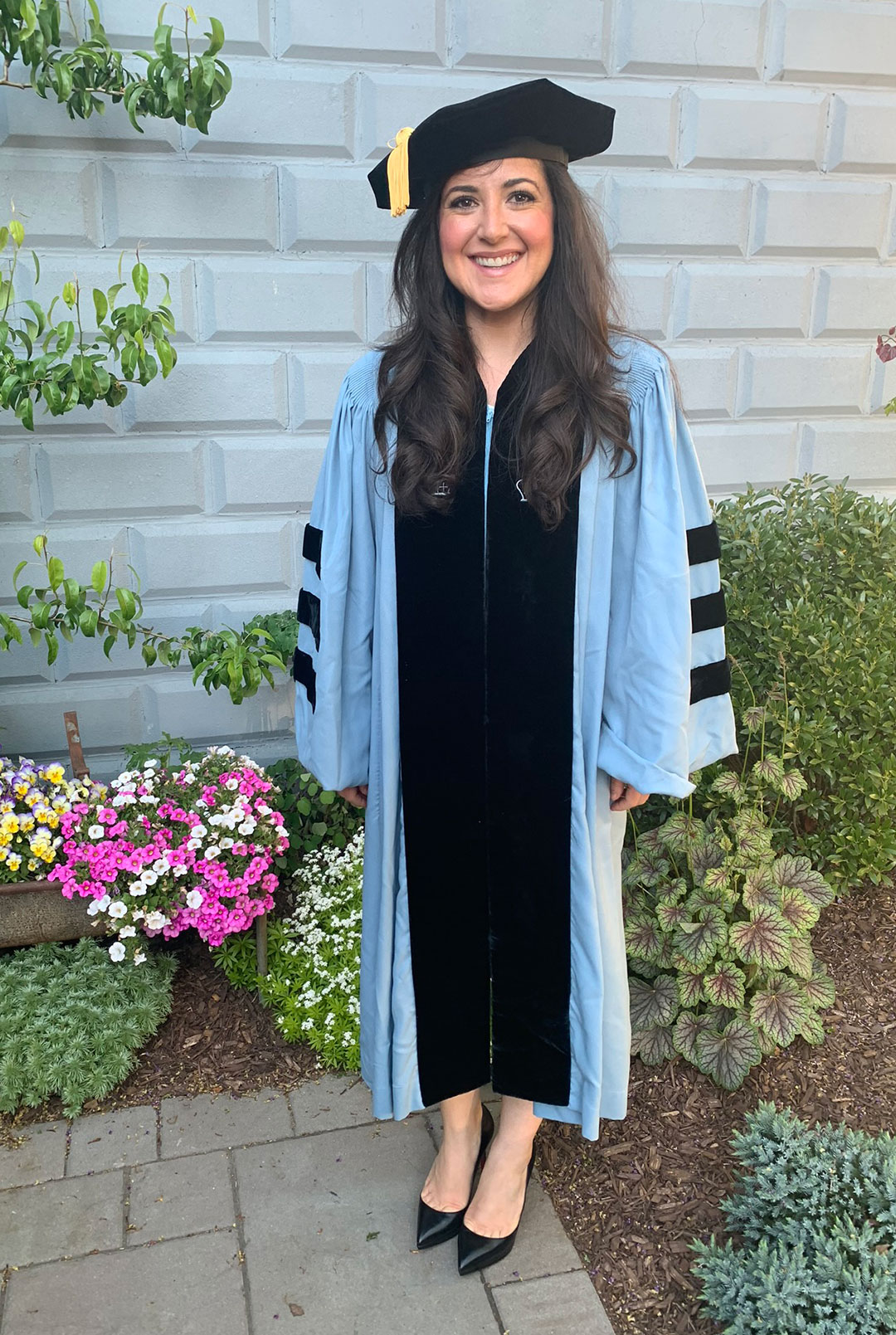Why did you become interested in education policy?
Melissa Arnold Lyon, Postdoctoral Research Associate
I became interested in education policy first during my undergraduate years, reflecting on my own schooling experience in Memphis, TN. From the outside, my school looked well-integrated with a mix of Black and white students, but in actuality this masked nearly perfect segregation within the school due to a purportedly academic tracking program, in an elementary school.
I decided to become a teacher and, since I had not majored in education, I found a job teaching sixth grade English at a charter school through Teach For America. Though my school was very highly regarded, my colleagues and I experienced very difficult working conditions with very high rates of teacher turnover that affected the whole school community. For that reason, I came to graduate school thinking I would study teacher unionization in charter schools, but as I learned more about education policy, I realized that these experiences driving my interest in policy were products of broader political institutions and economic structures. Now, I study the political economy of education, emphasizing how political processes shape the incentives and behaviors of market actors and simultaneously how the economy shapes power, politics, and governance.
As a postdoctoral fellow what has the experience at Annenberg been like for you?
It’s been great! I didn’t have a Master’s Degree before I started my PhD, and I felt like my five years of graduate school just flew by. As I was nearing my dissertation defense, I needed more time to figure out who I want to be as a scholar and how to drive my own research agenda. The Annenberg postdoc has given me that opportunity in a way that has been very introspective and reflective, probably in part because of the isolation of the pandemic but also because I have a new sense of agency.
I have really benefited from standing on the shoulders of giants at Brown. I am learning a ton from Matt Kraft, Susanna Loeb, and the other postdocs (THEY’RE SO WONDERFUL). I’ve also benefited immensely from the collaborative and productive discourse at Annenberg (like our Half-Baked Workshops and the Seminar Series) and around Brown, at places like the Watson Institute.
In 2021, what is the most pressing issue in education policy?
Can teachers be an issue? If so, I think teachers. We have decades of evidence about the importance of teachers in shaping school experiences and student outcomes, yet we don’t treat our teachers very well, on the whole. We need a teacher workforce that has the ability to teach with love and compassion, reflects the diversity of our students, feels respected, and stays teaching.
Is there a low cost policy solution to help students learn more effectively and/or better support teachers in the classroom?
I think we have to get more serious about resource equity. To do that at low cost would mean redistributing the money spent on children in high income schools to lower income schools. The new Every Student Succeeds Act (ESSA) mandates school-by-school expenditure data, which will begin to give us the opportunity to understand school spending better. I’m excited about what we’ll learn from those data sets.
By “get more serious” though, I mean we have to consider not just formal expenditures but also the supplemental resources that higher income schools are bringing to bear on teaching and learning, from PTA donations to private tutoring to extracurricular activities. Getting more serious also means listening to the perspectives of families and teachers within school districts about how money should be spent, and listening in a way that prioritizes equity.
The challenge will be mobilizing political will. Highly educated, high-income, white parents have had a lot of say in school politics for a long time. A good part of their influence is related to the inherently local flavor of school decision making and financing that we’ve got in the U.S. Wealthy individuals and businesses also have the ability to “vote with their feet” if taxes get too high. I think genuine, on-the-ground organizing efforts and community coalitions have the potential to start to overcome power imbalances, and we’ve seen a surge in organizing over the past few years that makes me hopeful.
